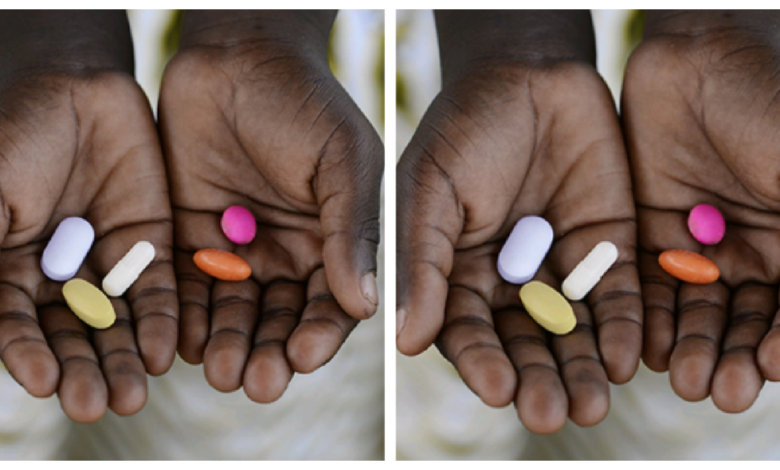5 reasons you should not take medicine without eating

When taking medication, it’s crucial to consider whether to consume it with or after food for optimal effectiveness and safety. Here are five reasons why some medicines should not be taken on an empty stomach:

Absorption Enhancement: Certain medications, like thyroid drugs and antidiabetic medications, are absorbed more effectively on an empty stomach, ensuring their optimal function.
Interaction Avoidance: Food can interact with medications, affecting their absorption and effectiveness. Taking some medicines on an empty stomach helps minimize these interactions, ensuring the medication works as intended.
Side Effect Reduction: Medications like iron supplements and gout treatments can cause stomach irritation. Taking them after food can help buffer the stomach lining, reducing the risk of side effects like nausea or vomiting.
Increased Tolerance: Some medications can lead to gastrointestinal side effects. Consuming them after food can help buffer the stomach lining, reducing the risk of side effects like nausea, vomiting, or stomach upset.
Optimal Absorption: Certain medicines, such as HIV medications and diabetes drugs, require food in the stomach and gut for proper absorption, ensuring their effectiveness.



